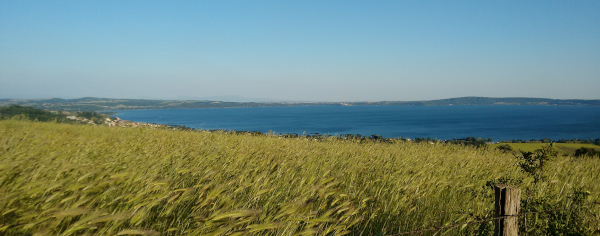Cocktails of pesticide residues in conventional and organic farming systems in Europe – Legacy of the past and turning point for the future
Considering that pesticides have been used in Europe for over 70 years, a system for monitoring pesticide residues in EU soils and their effects on soil health is long overdue. In an attempt to address this problem, we tested 340 EU agricultural topsoil samples for multiple pesticide residues.



